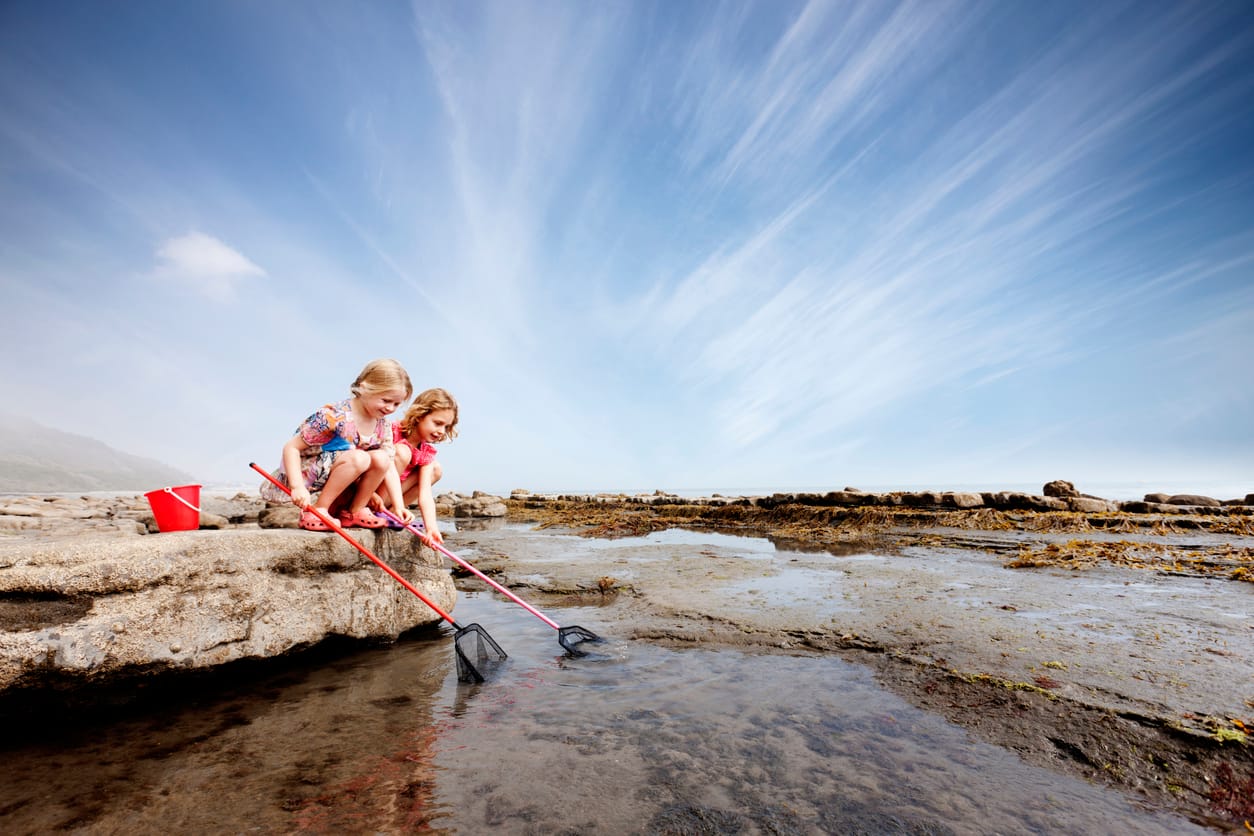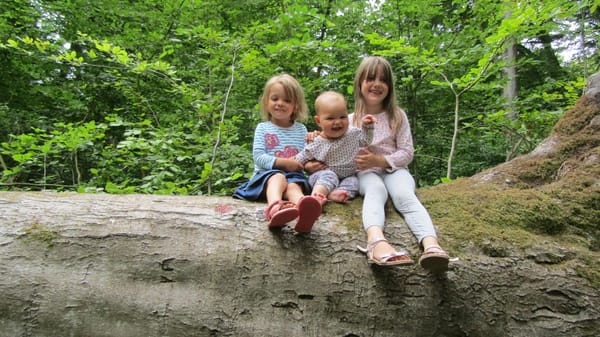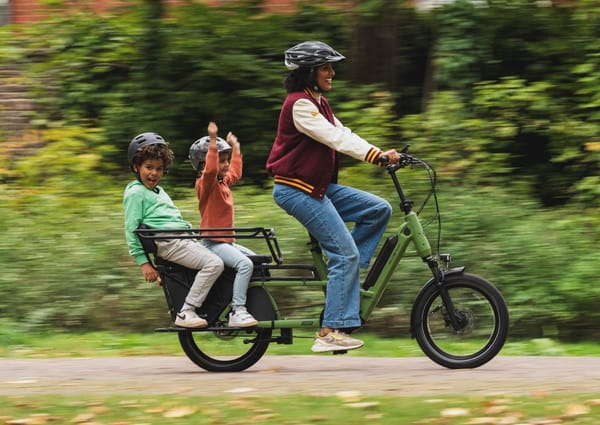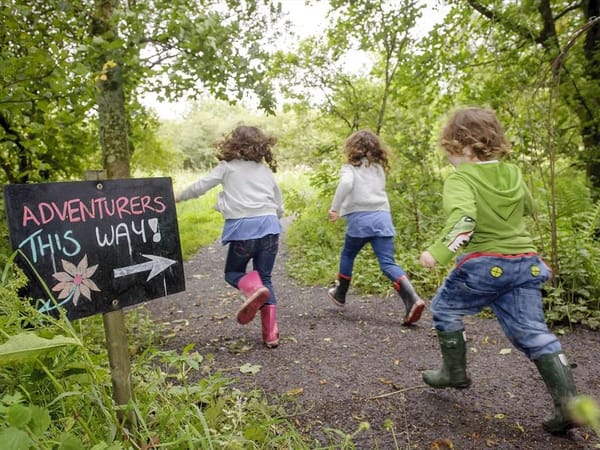This time of year it’s so fun to be outside, making the most of the long days and coming home grubby and tired in that happy, summer kind of way. One day out that has been entertaining kids for centuries is a rock pooling adventure. There are plenty of places to discover marine wildlife says Lucy Corkhill
There are also events run by wildlife groups to enable you to find out more about the creatures you discover. Go to the Wildlife Trusts website to find out about your local Trust and their events.
If you are going rock-pooling without a guide, make sure you check the local tide timetables. You can do that here. It’ll save you a wasted trip if it’s high tide when you planned to rock-pool, plus it can save your life – no one wants to get stranded with the tide coming in.
There are some rules to abide by when rock-pooling. Teach kids how to respect the marine creatures by gently scooping them in nets and returning them to the pools they came from. Never remove creatures from their habitat or leave them sitting in the sun; have a look at them, check your identification guide, maybe take a photo, and then carefully return them.
Here are just some of the fantastic rock-pooling locations across the UK.
Wembury Beach, Plymouth
Bill Oddie the wildlife expert voted Wembury Beach his favourite rockpooling spot in the UK. Wembury Marine Centre usually hosts rockpool rambles throughout the summer - check this year for events.
Gerrans Bay, Portscatho
The whole bay is scattered with tiny rock pools that are home to an amazing array of fish, anemones and seaweed. Especially check out Towan Beach just over a mile west of the village.
Cuckmere Haven, East Sussex
Enjoy exploring the rock pools along the shingle beach at Cuckmere Haven Beach, situated at the point where the River Cuckmere meets the English Channel in East Sussex. Situated between Eastbourne and Seaford, Cuckmere Haven Beach is located next to the famous Seven Sisters chalk cliffs and sits within the Seven Sisters Country Park.
Llangrannog, Cardigan
Boasting superb coastal scenery coupled with two sandy beaches; the main one and the adjoining Cilborth Beach in a hidden cove. Llangrannog has always been popular with locals and visitors alike.
Poppit Sands, Pembrokeshire
Sheltered by sand dunes and awarded the Blue Flag status, Poppit Sands is a popular family beach, providing children with rock pools to explore at low tide and safe swimming areas patrolled by lifeguards during July and August.
East Beach, Dunbar
This beach is a great place for rock-pooling and relaxing. Dunbar’s Shore and Harbour Neighbourhood Group help to manage the beach and it has a Seaside Award from Keep Scotland Beautiful.
West Kirby Beach, Wirral
The sandy beach has excellent views across the mouth of the Dee Estuary to Wales, and also to the Hilbre Islands. At one end is Red Rocks, an area of sand dunes noted for the Natterjack Toad. The Hilbre Islands can be reached on foot from the beach. The Adjacent Red Rocks is a Site of Special Scientific Interest (SSSI) noted for its Natterjack Toad population. The beach also has many rock pools. There are a number of walks in the area including the Wirral way.
Culzean Country Park, Ayrshire
Culzean Country Park boasts no less than five kilometres of magnificent coastline. From the sand dunes at the south end of the park to the rugged rocky shoreline pitted with rock pools, caves and rock arches, the shore and beaches of sand and shingle stretch all the way to Croy Shore, the northern boundary of the park.
Lindisfarne/ Holy Island, Northumberland
Holy Island or Lindisfarne is a wilderness location which boasts a diversity of wildlife habitats. Sitting on the top of the easterly section of the Whin Sill, this small island is separated from the mainland by a narrow causeway which is covered by water at high tide. Golden beaches, blue seas and a vast array of wildlife are some of the highlights of a trip to this natural treasure trove.
What to take with you:
A bucket and/or a transparent plastic tray to use when looking at the creatures you’ve found
- A net
- Magnifying glass
- A book to identify the things you find – Collins Gem are always useful
- Non-slip shoes
- A towel
- Warm clothes and dry socks to put on after
- A flask of a hot drink to warm everyone up post-rockpooling adventure







